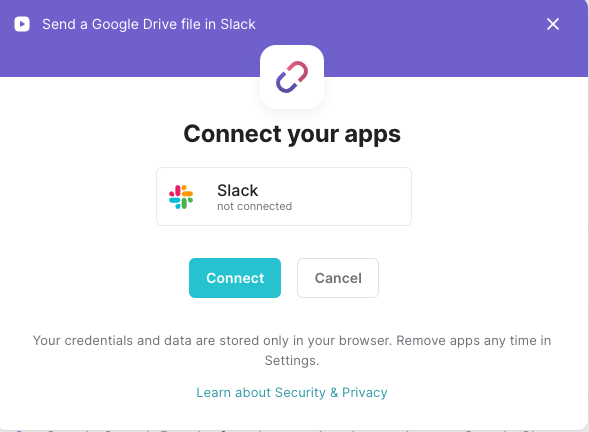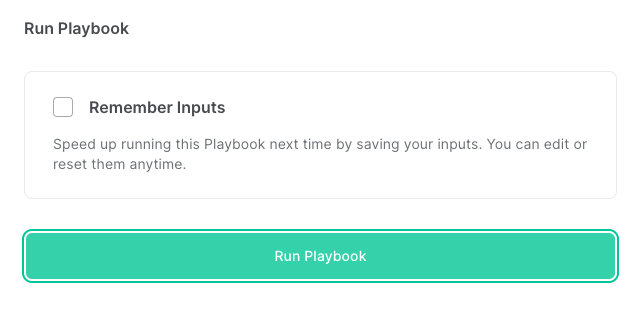Send a Google Drive file in Slack
This is a Bardeen playbook. It's a pre-built automation template you can run in one-click to perform a repetitive task. Get started with our free Chrome extension.
Explore other automations
This playbook has been deprecated.
Explore Bardeen's playbook catalog for other automations or build your own.

How does this automation work?
Bardeen connects Google Drive with Slack, creating an efficient workflow to send files directly from Google Drive to a Slack user. With this playbook, you streamline the process and save time from manually downloading and uploading files. You can easily share necessary documents with your team, keeping everyone updated and facilitating better collaboration.
Here is how this workflow works:
- Find Google Drive File: The first step involves Google Drive, where a file or folder is searched based on a name that you provide. Google Drive is a file storage platform that keeps all your files organized and up to date.
- Send File to Slack: Next, Bardeen sends the file found in the previous step to a Slack recipient. You need to specify the recipient in Slack, a platform that simplifies team communication by connecting with other apps you use.
How to run the playbook
Need to quickly share a file with your colleague in Slack but don’t have time to look for it on Google Drive, download the file to your computer and then re-upload it to Slack?
With this automation, you can easily share any G Drive files without opening tabs and copy pasting and send the link to a Slack user, in one click. Just pick a file and choose a Slack recipient or channel. That’s it.
Let’s set up this automation!
Step 1: Pin the playbook and integrate Google Drive and Slack
First, click the “Pin it” button at the top of this page to save this automation. You will be redirected to install the browser extension when you run it for the first time. Bardeen will also prompt you to integrate Google Drive and Slack.
Launch Bardeen (or hit OPTİON + B on your keyboard) and click to run the playbook when you wish to share a G Drive file in Slack.

Click on the playbook card, and the setup flow will start.
Step 2: Run the playbook
Open the Bardeen extension (or hit OPTİON + B on your keyboard) and click “Run Playbook.”
It will prompt you to enter two arguments:
- Drivefile - The file you want to share. Just enter the file name in the search bar and click on the one you want to share.
- Recipient - The Slack user or channel you want to share your file with. Just enter the file name in the search bar to find the user.

Leave the “Remember Inputs” box empty, as you will most likely be sharing different files with multiple Slack users.

Enjoy!
Check out other playbooks that integrate with Google Drive:
Look for additional integration choices for Slack integrations, Google Drive integrations, or a combination of both, or adjust the playbook to better match your specific workflow needs.
Discover more about the awesome personal productivity automation available.
Your proactive teammate — doing the busywork to save you time
.svg)
Integrate your apps and websites
Use data and events in one app to automate another. Bardeen supports an increasing library of powerful integrations.
.svg)
Perform tasks & actions
Bardeen completes tasks in apps and websites you use for work, so you don't have to - filling forms, sending messages, or even crafting detailed reports.
.svg)
Combine it all to create workflows
Workflows are a series of actions triggered by you or a change in a connected app. They automate repetitive tasks you normally perform manually - saving you time.
FAQs
You can create a Bardeen Playbook to scrape data from a website and then send that data as an email attachment.
Unfortunately, Bardeen is not able to download videos to your computer.
Exporting data (ex: scraped data or app data) from Bardeen to Google Sheets is possible with our action to “Add Rows to Google Sheets”.
There isn't a specific AI use case available for automatically recording and summarizing meetings at the moment
Please follow the following steps to edit an action in a Playbook or Autobook.
Cases like this require you to scrape the links to the sections and use the background scraper to get details from every section.











